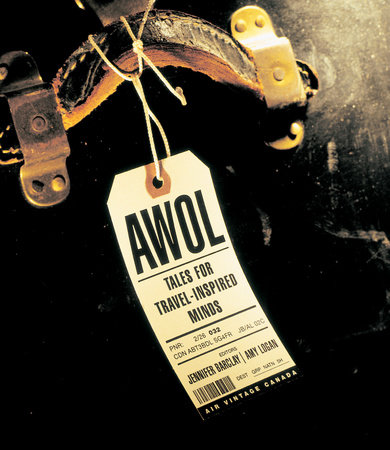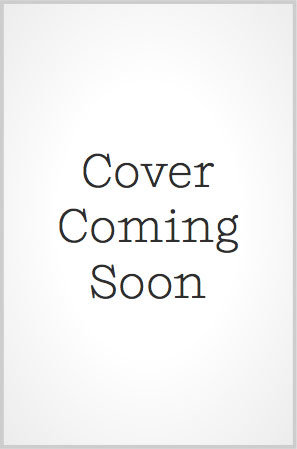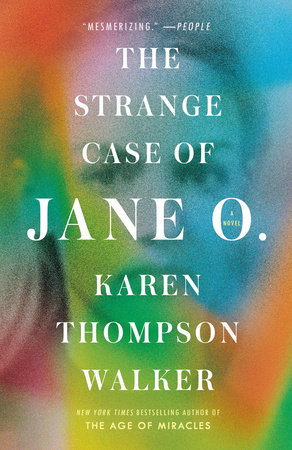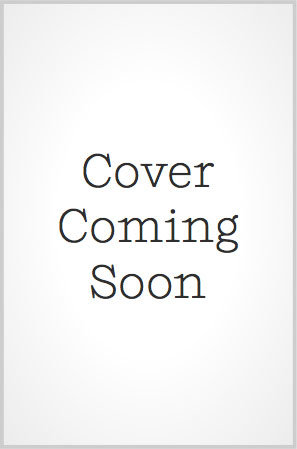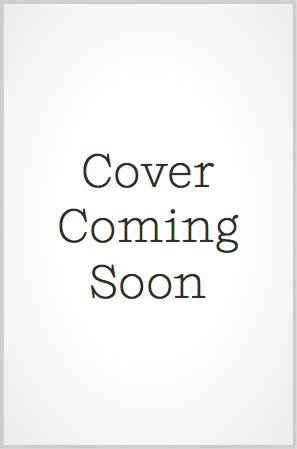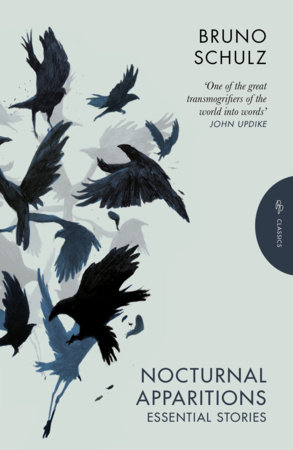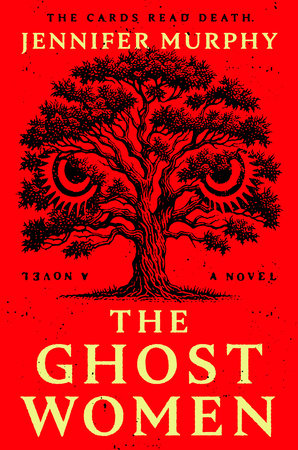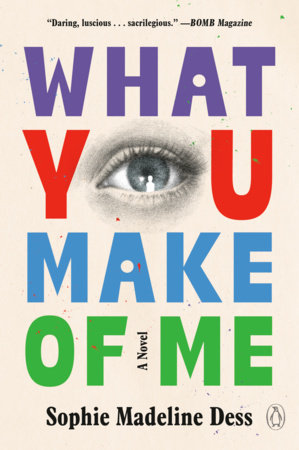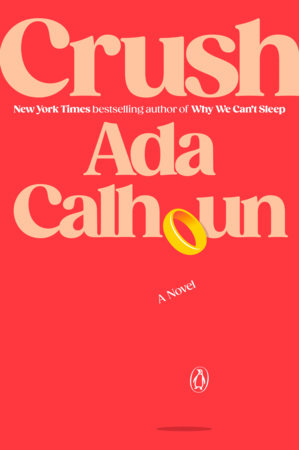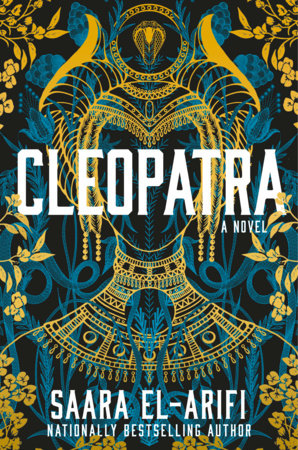1) Can you tell us how this project started?
Jen had recently returned from Asia and Amy had recently moved from Vancouver. We met through friends and ended up excitedly swapping stories about adventures we’d had in other places. The conversation turned to travel writing. Both of us felt that a certain kind of travel writing — writing purely inspired by being in a particular place at a particular time — wasn’t getting published much in newspapers or magazines. There were lots of humbling tales of extreme adventure, death-defying conquests of mountains or seas, reports of glamorous five-star spas and posh cruises and impossibly hip restaurants, but few stories about the oddities of cultural exchange, for example. Those strange, memorable moments where you find yourself the recipient of enormous hospitality or having a mind-blowing encounter that perhaps changes you somehow.
We had both made a habit of scribbling down our own travel tales in journals and filing them away to remember, and we were sure there other people doing just the same. We thought, Wouldn’t it be great to bring them to light, to bring together stories of real travel, the kind most of us could actually afford, and of its intangible, invaluable magic? We discussed what we’d like to see: a laid-back, alternative space for creative, travel-inspired writing. That summer, the Porch Sessions started. We’d sit around and brainstorm how to bring this project to life. We saw it as a magazine at first, but this seemed an increasingly daunting proposition, since we didn’t have much experience with magazines. Then all of a sudden we realized that with our collective book publishing experiences, we might be able to create a wonderful book. After that, the proposal came together very quickly.
2) How did you come to collect travel writing pieces from so many great Canadian authors?
Before talking to a publisher we sent out a letter to authors describing the project and asking if they would be interested in contributing. The response was thrilling — we’d obviously hit a chord. Practically everyone was incredibly enthusiastic. Jill Lawless, author of Wild East, wrote back and said “I feel AWOL most of the time.” We continued to receive emails for months from people we didn’t even know saying a friend had told them about AWOL and could they be part of it? It was spectacular.
As for choosing who to approach, we came up with an initial list quite easily. Jen had been a literary agent and a fan of travel writing for a number of years, and Amy had been an editor and publicist, so we had a clear idea of the range of authors we wanted, and knew some of them personally. Some were authors we’d worked with, who’d talked to us about a trip they’d taken. In other cases we were able to contact an author we really admired (that was one of the perks of doing the book). We didn’t necessarily want only travel writers; we wanted to avoid standard travel journalism. This was a literary project and we wanted interesting writing of different types, so we approached a whole range, including novelists and poets and dedicated wanderers, some of them brand-new writers.
It was similar to the mix used by Carol Shields and Marjorie Anderson in the Dropped Threads project; we saw AWOL as a kind of Dropped Threads for travellers! We told the writers we were looking for personal stories, the kind they couldn’t publish anywhere else. That gave the project a certain edge. We hoped it would provide an accessible way into travel writing for readers who aren’t as familiar with it. In many ways, this kind of travel writing is very like memoir.
3) Are there any tips you would give a book club to better navigate their discussion of AWOL: Tales for Travel-Inspired Minds?
You could start by choosing a story or even a scene in the book that really spoke to you and talk about why. We deliberately included various styles and clashing points of view, stories of opportunism and stories of caring, so it might also be interesting to start a discussion about a story you had an uncomfortable reaction to. Some stories are certainly less orthodox than others; some grow on you if you re-read them. There’s a vast difference between the sophisticated thinking in David Manicom’s contemporary story, and the happy-go-lucky attitude of Grant Buday’s first travel adventure.
Another way to approach AWOL would be to compare stories with similar settings or themes. For example, Nick Massey-Garrison and Rick Maddocks both spend time in Mexico but the experiences they had were somewhat different. Rui Umezawa and Gillian Meiklem and Nikki Barrett find themselves forced into uncomfortable encounters. Mark Jarman goes to Europe with literary inspiration in his head and ends up lying on the beach, while Jonathan Bennett goes to the beach to do some fishing and comes back with the beginnings of a new story of his own. You could find and compare stories about culture shock; stories with a markedly poetic style; stories that deal with extreme hardship in the places they are visiting; stories about returning to a home left behind years before. Please let us know what you thought of AWOL through our website at www.go-awol.com. Would you describe your group as “travel-inspired minds”? If anyone in the group has an AWOL story of their own, send it to us. Alternatively you could have a night of sharing AWOL-style stories among your group! And be sure to spice things up with some internationally-inspired nibbles and beverages and music…
4) What question are you never asked in interviews but wish you were?
No one really asked us about the process of co-editing. Co-editing a book is a very intimate relationship; on the one hand you have to be very willing to listen to the other person, and at the same time you each have to know when to stick to your guns. Co-writing the introduction was a challenge, because we had to write in one voice. But in fact the process of co-editing the stories was a delight, and a powerful learning experience. We often questioned each others’ decisions, but we always listened to each other’s instincts. We were constantly filling each other’s email inboxes with suggestions on this piece and that, emails flying back and forth between us with shouts of joy as each piece came in and was eagerly read, edited, read again. It was great to share this, to have someone to discuss everything with as the shape of the anthology evolved.
5) Has a review or profile ever changed your perspective on your work?
In the national press a couple of reviewers had very strong views about this kind of personal travel writing, where the author is clearly in the story. They were against it, which is perfectly reasonable, but that was what we set out to do, specifically — explore the experience of travel and what it does to us in a personal way, tell the untold intimate stories, rather than authoritative, so-called ‘objective’ reportage. With so much information available through various media today, that’s less interesting to us; and as Robyn Davidson said in the introduction to the Picador Book of Journeys, “there is no such thing as a disinterested observer.”
There’s so much travel happening, but no one really spending time examining what it does to us, how it affects us, why it thrills us, and how those transformative experiences happen; the learning aspect of travel is little explored. Though Alain de Botton did recently published The Art of Travel on this topic. We wanted to do this in a way that was entertaining, not academic; giving you something to think about without hammering you over the head with the point. Those reviews made us wonder if we should have been a bit more emphatic about what we were trying to show, and what we felt the outcome was.
There again, other reviewers seemed to get the point just fine; Chatelaine said it was about “getting lost and being transformed,” which describes a major theme of the book perfectly. The Hamilton Spectator said the stories were by people who travel more to broaden their minds than their waistlines, which is brilliant. The Toronto Star made a lovely comment about the book reminding you that there was life and warmth out there. There were lots of reviewers who seemed to really enjoy the book, which is what we wanted most of course. We held back from stating outright what the book was about partly because it wasn’t a nice, neat package of meaning — it was loose and ambiguous, because in our experience that’s what travel is like.
6) Which author (living or dead) do you admire most?
Amy: I’m constantly discovering and loving new writers so this question is horribly difficult. My list could be pages and pages long. But, to give a name, I’ll put forth perhaps the longest-running choice on my list: I have massive admiration for L.M. Montgomery. She wrote so many magical stories that inspired me as a kid.
Jen: I’ll narrow it down to travel writers. I admire Bill Bryson very much for being able to make me laugh so much that I can’t speak. Anyone who can write that kind of humour has a real gift. He made some interesting comments in the introduction to Best American Travel Writing about the extraordinary breadth of travel writing: how it can be memoir, natural history, anthropology — as long as you actually leave the property at some point. Some of his best stuff has been commentary about where he lives, and his ideas about national parks in A Walk in the Woods, for example, should be taken seriously. Jonathan Raban has also always been a favourite. He’s a beautiful writer and there’s a kind of longing always present in his work. I admire all authors — I find what books can do extraordinary — and travel writers I admire also for their carpe diem attitude and their interest in the world around us.
7) What are some of your other passions in life?
AWOL reflects two serious passions of ours: travel and language. But the spirit of AWOL is an attitude, a kind of zest for life. It’s about reminding yourself that crazy and beautiful things can happen anywhere. You’ll meet stinky nuns and Americans with condom-in-a-cashew tricks (and neurotic writers), you’ll find secret gardens and pet tigers, and new vistas that bring you back to life. You don’t have to get on a long-haul flight to do it, although that’s a good way of totally disorienting yourself and opening yourself up to new experience.
Our other passions?
Jen: Big hikes, especially unplanned ones, also long bus journeys where you can read a good book while you’re going somewhere new. Sea, mountains, serendipity and good times.
Amy: People, photography, yoga, bicycles. Coffee, wine, flowers.
8) If you could have written one book in history, what book would that be?
Jen: A number of the authors in AWOL have written books that, for me, stand up there with the greats. For example, I wish I could have written Laurie Gough’s Island of the Human Heart, Karen Connelly’s Touch the Dragon, or Jamie Zeppa’s Beyond the Sky and the Earth…
Amy: Again, my list could be pages long! For a travel-oriented book, Kevin Patterson’s The Water in Between is a top choice.
